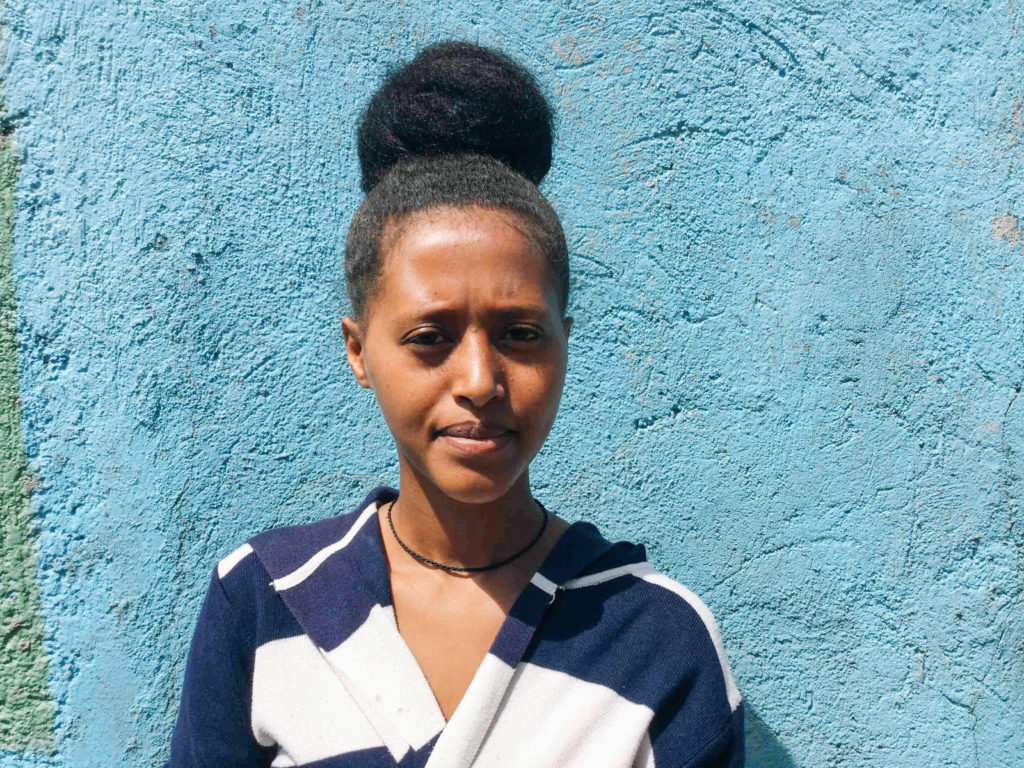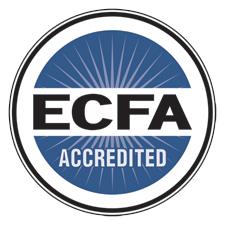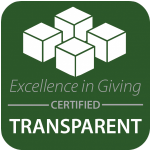Poverty is a complex issue. Children’s HopeChest International Program Director, Tom Jennings, provides this definition of the cycle of poverty:
One aspect of poverty is Generational Poverty, which many would say creates a “Cycle of Poverty”. This can be understood in the context of a person, family, or a subset of a community, which faces circumstances in which there are relational breakdowns, including economic shortfalls that they are not able to overcome. This situation is perpetuated into the next generation, which grows up with a mindset and quality of life that is, then, passed on generationally until a change of events, including a paradigm shift in thinking, penetrates that mindset and an internal and external change takes place, which is essential to achieve freedom from poverty.
Just a handful of factors that were holding Tigist, a young girl in Ethiopia, and her family within the cycle of poverty were family development, access to education, economic development, and medical care.
When Tigist was seven years old, her parents got a divorce. The pressures of poverty were already very heavy on her family, and only became heavier when her mom became single and the sole provider for Tigist and her two siblings. Family separations often have a huge financial impact on a family, especially mothers who are more likely to take on the responsibility of their children.
Tigist’s mom is a strong and resourceful woman. To provide for their family, she began working in local trade, selling potatoes, carrots, onions, and cabbage. Although she worked hard everyday, the business was not profitable enough to pay her monthly rent, feed her children, and send them to school. Despite her efforts, they sank deeper into their economic situation and were overwhelmed.
Tigist’s grandma wanted to support her daughter and grandchildren. She welcomed her whole family into her house so they could live together and save some money.
Finding other ways to make money, Tigist’s mom began working in Koshe landfill, a large dump that collects all of the trash from Ethiopia’s capital, Addis Ababa. Working in Koshe is dangerous, and Tigist’s mom worked extremely hard, keeping her children in a home and off the street through this work. She would spend her days in a trash area searching for objects like small metals, plastic bags, plastic water bottles, and other things which are recyclable. She could then collect and sell the items. She worked so hard that she was able to cover her family’s critical needs like food, house rent, and other necessary things for her children and elderly mom.
Unfortunately, Tigist’s brave and strong mom couldn’t continue this work and support her family due to a developing illness. She experienced chronic pain that the doctors could not diagnose and eventually the pain was so bad that she could no longer walk. It was heartbreaking for Tigist to see her mom in pain, and also to experience their family receding back into deeper poverty when her mom could no longer work.
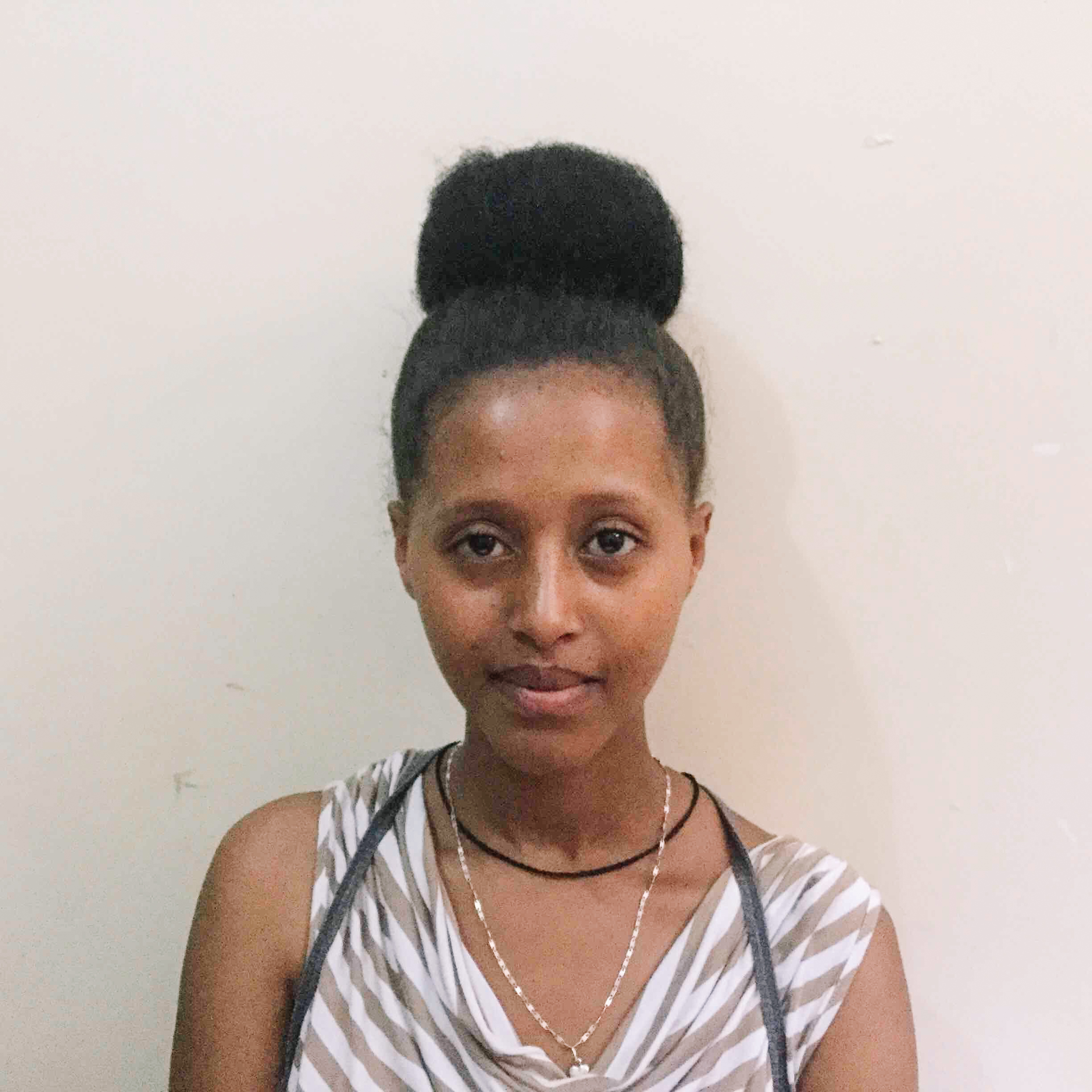
Tigist’s grandma took up the responsibility of caring and providing for her daughter and three grandchildren. Her own health issues led her to lose an eye, but she was not deterred from fighting for her family. She began earning income for the whole family, working long hours to cover their critical needs.
Poverty is terrible. Many parents and guardians, like Tigist’s mom and grandma, work extremely hard, sometimes pushing through medical issues or working in dangerous conditions to make sure their family has critical needs for survival. Program Manager of Ethiopia, Alex, who learned and shared Tigist’s story says, “We honorably appreciate the determination, stamina, strength, patience, commitment, and fighting spirit it takes to conquer poverty. Thanks to Mighty God, a father for the fatherless, defender of widows who helped Tigist to join Onesimus CarePoint sponsorship program.”
It was an irreplaceable opportunity for Tigist and her family to find an organization to share their burden and support them. Tigist joining Onesimus CarePoint was a huge relief for the whole family. The CarePoint addressed the multiple layers of poverty she was experiencing and provided holistic support. She received nutritious, consistent meals; basic medical care; educational support that included mentorship to focus on her education and materials like books, a pen and pencil, a school bag, and school fees; emotional support to help her process the stress and pain her and her family have been through; and spiritual support to encourage her to see how she is valuable and made in the image of God.
Tigist experienced support at Onesimus CarePoint for 10 years, and in those 10 years her life drastically transformed. She is a young woman with an amazing educational performance, discipline, and character. Now she is a second-year college student studying accounting and finance. The CarePoint is continuing to support her education and she is planning on graduating in 2022!
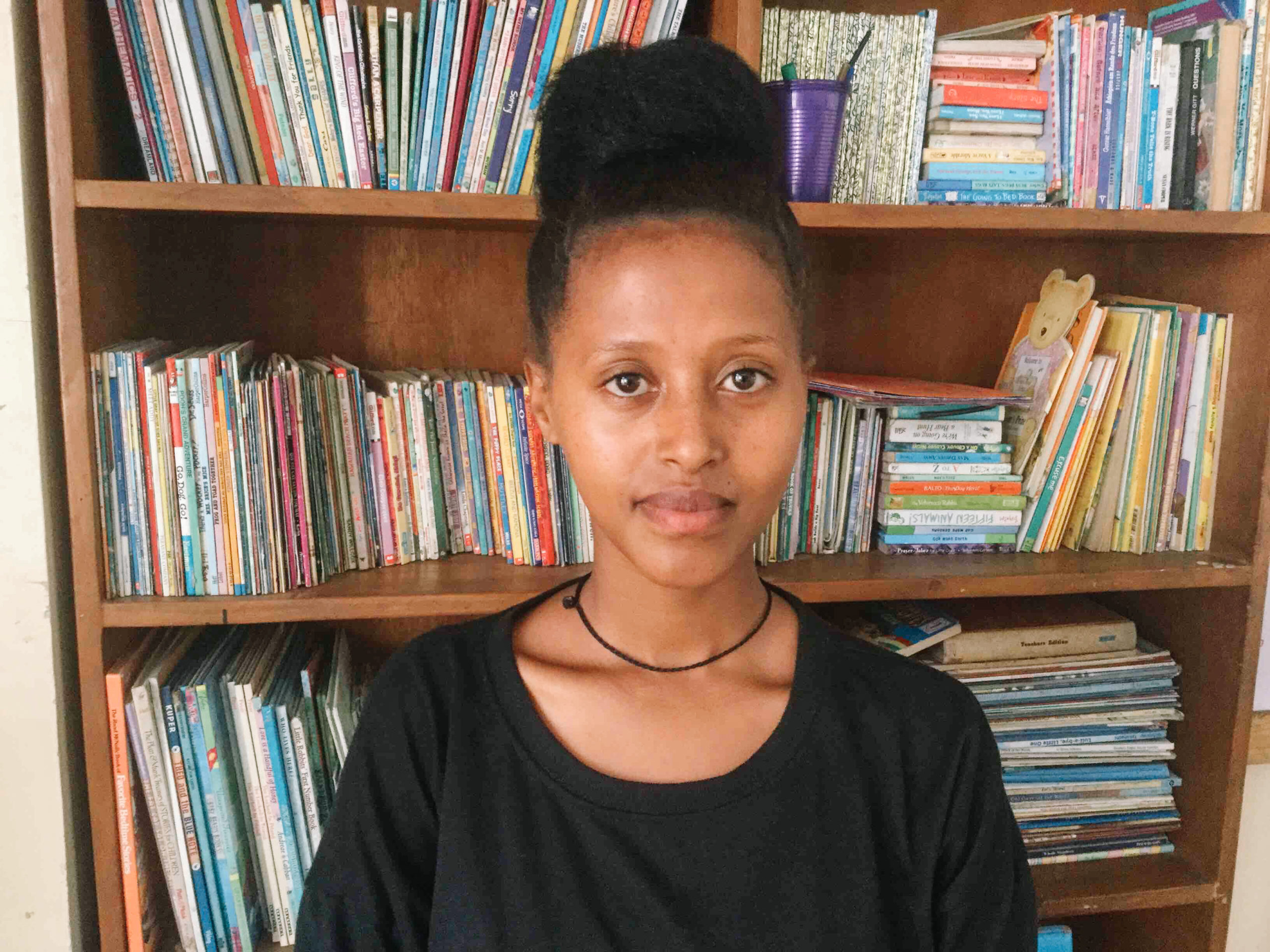
Tigist shared, “Thank you all who contributed to my life, CarePoint staff and Children’s HopeChest. My plan is to seriously support my family and also children like me. I am extremely lucky to have someone to share my afflictions. Without the CarePoint provision, it was simply a dream for me to go and attend school.”
Tigist is forging the way out of a generational cycle of poverty with your help. Thank you for joining with strong parents and guardians like Tigist’s mom and grandma and fighting for children’s critical needs to be met and potential to be explored. We believe that the impact made in her life is not just an individual impact, but will be fuel for her to invest back into her community and fulfill her plan to help children who have been through similar experiences. You are a part of bringing justice to those who are living in poverty by funding HopeChest programs that address the complex layers that limit opportunities for creative and intelligent children. Your support, whether it be as a HopeChest Friend, donating to projects, or praying is bringing hope and restoring dignity to children, their families, and their entire communities.

